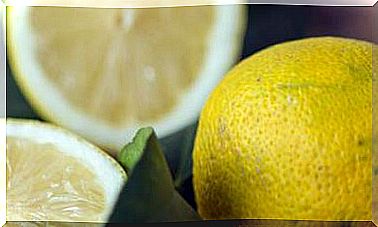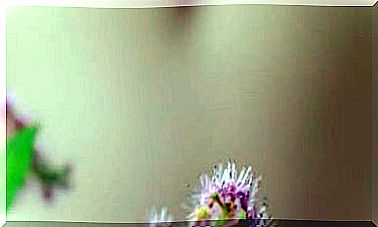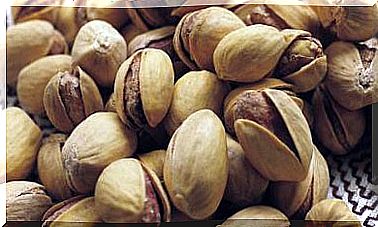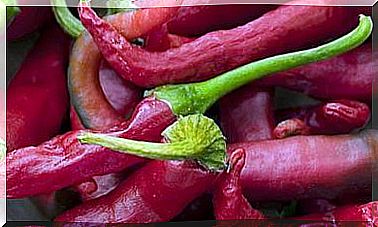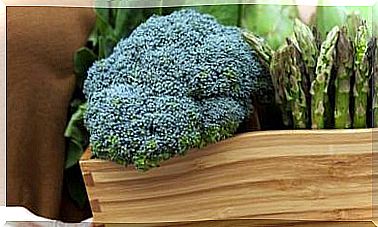Against Pests, “flower Power” Instead Of Pesticides
British and Swiss research shows that flowers, bees and beetles can substitute pesticides with many advantages.

The organic farming methods available to avoid the use of synthetic pesticides. But researchers continue to search for ever more efficient and simple ways that may interest even the most reluctant extensive farmers.
Scientists at the Center for Ecology and Hydrology at the University of Reading (UK) have found an ingenious and beautiful method: planting flowers between crops. Authentic flower power.
Bees, wasps and beetles make pesticides unnecessary
The idea is simple: if you put flowers every certain distance, bees, wasps, beetles and many other insects come to their claim and in the process eat the insects that could become a devastating pest for the crop.
All are advantages: more color in the fields, more biodiversity and fewer problems for farmers, who will not see the need to resort to pesticides.
The idea has been tested for 5 years in 15 fields and the results are very good. “We hope it will contribute to making the use of pesticides totally unnecessary,” said Professor Richard Pywell.
Pesticides hardly have defenders any more, after studies showing that they are not necessary for profitable agriculture (research by Martin Lechenet, of the French Inra), nor to feed humanity (United Nations report).
Daisies and poppies in the middle of the fields
Agronomists have been concerned that flowers do not take up much space in the crops so as not to detract from profitability and have found that it is sufficient to plant flowers every 100 meters (the length of a soccer field, approximately). Flowers do not occupy more than 2% of the growing space.
British researchers have used previous research, especially that of the Swiss Matthias Albrecht and Matthias Tschumi, who have studied, among other things, which are the most effective flowers.
Cornflower, European coriander, meadow clover, daisy, poppy and a dozen other flowers promise to make pesticides, such as the so-called neonicotinoids that are affecting bee populations, unnecessary . Let’s hope that in the end the pesticides will be defeated by the bees and the flowers.


